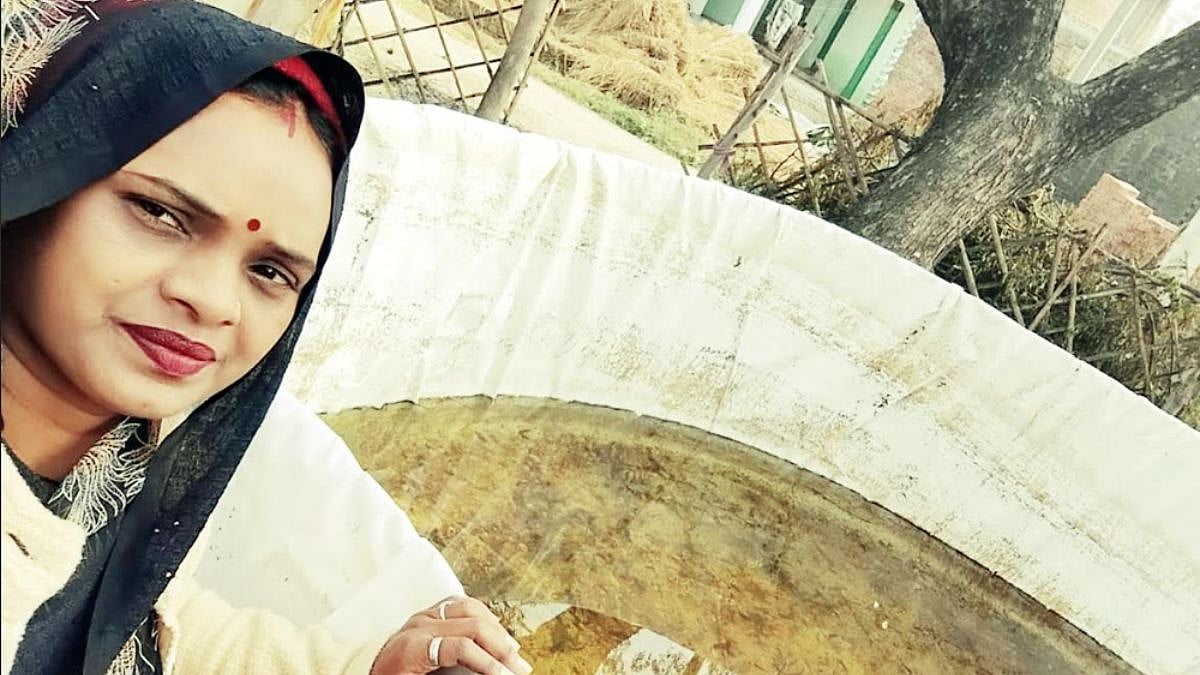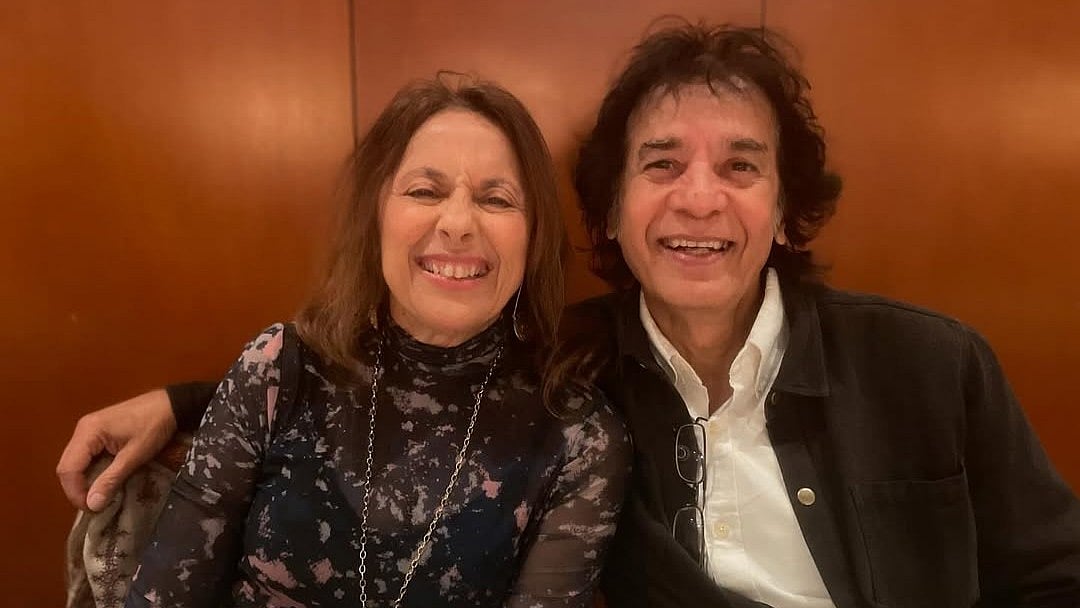1. Around the world, people are losing jobs and cannot pay interest on their house and vehicles. What is your advice to them?
We do not know when we will reach a “post-Corona” time. So short-term job losses, and a whole lot of people without any direction, looks inevitable. But we need to understand we are a developing nation, and still there are lot of things to be done. Especially in the coming two years, people should not just sit back and wait for employment. That mentality should go. Every one of them should see how they can find a solution for the many problems which exist in our society, and by providing these solutions they must make a living. They must thrive, grow, innovate and create tremendous possibilities for the nation. An employer's ability to provide employment has been considerably reduced with the fall in GDP growth. So in the next two years self-employment will definitely rise in a big way.
2. Social relations are breaking up and where relationships exist are mostly temporary in nature. What is your view?
Relationships are necessary to exist in the world. You may not get married or raise a family, but you still have relationships with anything and everything around you. Whether you keep them beautiful or ugly is the only choice you have. For most people, though relationships initially bring joy, after a while they only bring anxiety. This happens because we have been building relationships out of compulsiveness, not out of choice. Because of physical, emotional or psychological compulsiveness, you are building relationships of different types. If you are not okay by yourself, if you are using the other person to fill in the gap, it will be constant trouble. If you really want to have absolutely fantastic relationships no matter where you go, first, you need to establish yourself as a joyful human being.
3. Today, social media and news channels are making a lot of noise. How do you think such things will change the course of society as such?
For me, social media is a tremendous tool. I can sit here and talk to the entire world. When did we have such a possibility before? So if we want to transform humanity, this is the time. Whether we are going to mess ourselves up or transform human population with social media is left to us. Once I spoke to a social media expert in the US who told me that seventy percent of the content accessed on internet is pornography, and that millions of children, below fifteen years of age, are sold on the internet every year. When I heard this, I decided to get on social media. Now I am everywhere making more noise. It is against all my aesthetics, but I have made myself like this because I think we have to turn this around. Technology should deliver to humanity that which is positive, not negative. When we have the power to speak to the entire world, we have to speak the right language so the future generations imbibe what is best for them. If all of you get a little loud, I could tone myself down a bit.
4. Has the pandemic hit ‘The rally of rivers’ initiatives? What is the progress made under that initiative?
Over 60 lakh saplings have been distributed so far to farmers in Karnataka and Tamil Nadu. Undeterred by challenges, farmers, government officers and the Nadi Veeras are working with committed zeal for 11 million saplings to take root in the farmlands of the Cauvery river basin this planting season. The dedication of our volunteers, risking their own personal health and well-being, and above all technology, media, and the cooperation from the forest officials and the Agriculture Ministry has made the difference.
5. How can the Cauvery Calling project help India meet its Carbon Sink Target under the 2030 goals of the Paris agreement on carbon sequestration? Do you think climate change is an area where India can be a vishwaguru to the world?
Recently I was part of the “One Trillion Tree” initiative at the World Economic Forum. Scientists made calculations that if you plant one trillion trees, in fifteen years’ time, the trees will absorb carbon from emissions in the last fifty years. The impact of a tree planted in a tropical region on the climate is approximately three to eight times of trees planted in a temperate region. So it is especially important that we plant in the tropical belt of this planet. That is one reason why we are focusing on the Cauvery River basin – because we can be most effective there.

We launched the Cauvery Calling campaign to revitalize Cauvery River in southern India by having farmers plant 2.42 billion trees in the river basin, covering one-third of it with green cover. An additional nine to twelve trillion liters of water will be augmented in the Cauvery basin, which is 40-60% of the 21 trillion liters flowing every year in Cauvery right now. Essentially, this is an economic plan with a significant ecological impact. This could serve as a model for other tropical nations to emulate with the benefits of soil rejuvenation, river revitalization, carbon sequestering and climate change mitigation and increasing farmer incomes.
6. You strongly advocate wealth creation so that poverty is eradicated. How do you suggest this happens?
We have to be pro-business. A nation does not go forward because of political rhetoric, or its military muscle, but because of the success of its businesses. The only way you can bring poor out of their poverty is not by distributing money, but by having successful flourishing businesses in this country.
7. India’s GDP has taken a hit this quarter. You are vocal about such concepts. What is your view on the same?
Sixty-five percent of India’s population lives in rural areas and are involved in agriculture. If we make agriculture lucrative, if their income doubles or triples, the GDP will just fly. Our economy will go through the roof. And the most important aspect of this is it is not an urban concentrated but a well spread out GDP, which is good and safe for the nation.
It is our fortune that with the huge latitudinal spread and the weather variations that we have, we can grow almost anything in India in all twelve months of the year. Very few countries in the world can do this. And no other nation has such a huge population with an intrinsic knowledge of agriculture. We just have to enhance our agriculture to make this a sustainable economy. India can become the breadbasket of the world.
Agroforestry, or tree-based agriculture, is an important aspect of boosting rural economy. In the last eighteen years, we have been conducting small-scale agroforestry demonstrations in Tamil Nadu, and have brought 69,760 farmers into agroforestry. We have found that their incomes have gone up three hundred to eight hundred percent in five to seven years through the sale of timber and profitable intercropping. In the Cauvery Calling initiative, we are looking at shifting farmers to agroforestry.
8. India is a food secure nation, yet there is an issue of malnutrition hurting the populace. How can India become food secure and nutrition secure?
The greatest achievement in our country is that our farmers – without any technology or infrastructure – are still managing to feed 1.3 billon people. This has been possible because we have had the most fabulous soil. But this soil is depleting very rapidly today, and in the last twenty-five years, the nourishment levels in vegetables and other crops has dropped by about forty percent. Now whatever they eat, people are not growing to their full size. The only way you can preserve the soil is by having animal waste and vegetable waste go back into the soil. If we take concrete action in the next five to ten years, then in the next twenty-five to thirty years, we could turn the soil around quite reasonably.
9. We are going through a tumultuous time globally. What role does spirituality play amid a pandemic like this? What should be the learning lessons taken from the pandemic?
Every challenging time means life is in a flux; it is an opportunity both for individuals and the nation to rise above their comfort zones and enhance their life. Of course, there is a lot of hardship. Hardship strengthens us, emboldens us towards a greater possibility. But suffering is an unfortunate consequence that a whole lot of human beings create because they have no control over their psychological space. When situations in the world are against you, your body, mind, emotion, and energy should work for you. For this you need a little bit of inner engineering. This is the whole science of yoga, how to ensure that you are never the problem in your life.
(Ranked amongst the fifty most influential people in India, Sadhguru is a yogi, mystic, visionary and bestselling author. Sadhguru has been conferred the "Padma Vibhushan", India’s highest annual civilian award, by the Government of India in 2017, for exceptional and distinguished service.)










